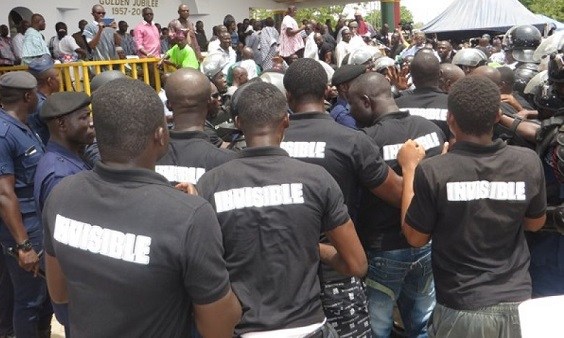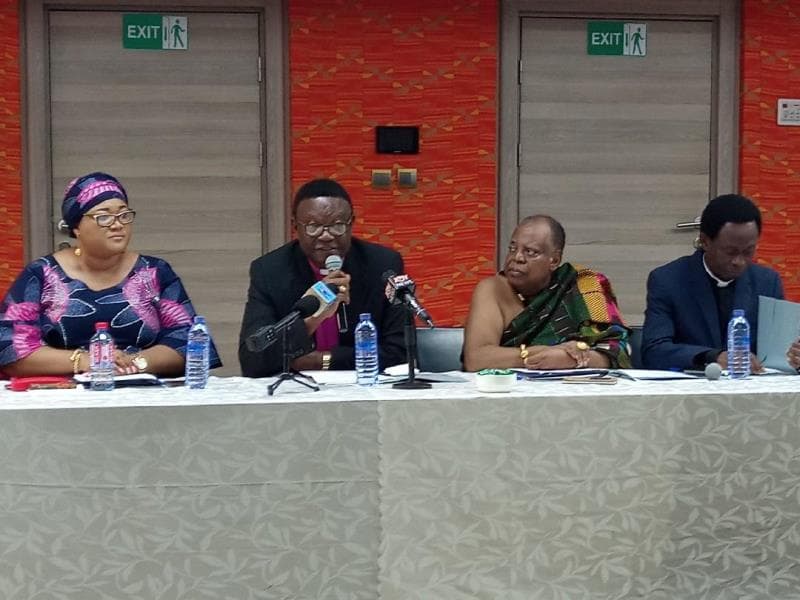Lack of jobs for youth will worsen political vigilantism – Economist Intelligence Unit
- Posted on
- Comment
 The Economist Intelligence Unit, EIU, expects post-election unrest from groups affiliated to ruling governments to continue for at least the next four years because of government’s inability to provide ample jobs for the youth.
The Economist Intelligence Unit, EIU, expects post-election unrest from groups affiliated to ruling governments to continue for at least the next four years because of government’s inability to provide ample jobs for the youth.
This is seemingly because of the governing New Patriotic Party’s inability to satisfy the needs of foot-soldiers.
In its outlook report for Ghana spanning 2018 to 2022, the Economist Intelligence Unit, however suggested that, there may be some exaggerations with respect to criticisms that met the incidents of political vigilantism instigated by pro-NPP groups.
The unit said there will be “tensions over the matter of public appointments, as there are not enough positions to go round, particularly at the grass-roots level. NPP supporters who expect rewards now that their party has won power, but have so far been disappointed, have caused unrest in the party’s electoral heartlands.”
“This has prompted claims from the opposition and civil society that the government is presiding over a breakdown in law and order. Such claims are exaggerated, but The Economist Intelligence Unit does expect outbreaks of low-level social unrest to persist,” the report said.
At the height of the public outrage to the acts of political vigilantism, the government set up a task-force to investigate and deal with the circumstances leading to such unrest by some aggrieved members of the governing NPP, especially in the Northern Region.
Warnings were also issued to Police units that reneged on efforts to arrest perpetrators of such vigilantism that has seen government installations barricaded and police stations raided by angry party youth.
In its further analysis, the Economist Intelligence Unit noted a lack of proactivity on the part of the NPP government which opened it up to widespread criticism.
“The connection between the party and the vandals is not always clear and so it is understandable that the NPP does not want to link itself too closely to the issue in the eyes of voters. However, such passivity lays it open to accusations from the opposition that it is failing to do enough to establish peace and will serve to keep political tensions elevated.”
No time to satisfy youth
In the Unit’s view, “the underlying causes of the violence will not disappear easily.”
“Economic prospects for Ghana’s youth are generally poor, and no government can change that fast. At the same time, no party can win an election without promising major job creation. Impatient job seekers, seeing public jobs handed out after the election, then feel excluded,” the report explained.
Acrimonious partisanship
In general, the “main risks” to Ghana’s stability in the coming years centre predominantly on its “acrimonious party-political landscape,” according to the Economist Intelligence Unit.
“We maintain our view that the highly competitive political scene will keep tensions elevated, which could lead to periodic unrest, although such unrest will not be serious enough to threaten wider stability.”
–
By: Delali Adogla-Bessa








 (Selorm) |
(Selorm) |  (Nana Kwesi)
(Nana Kwesi)